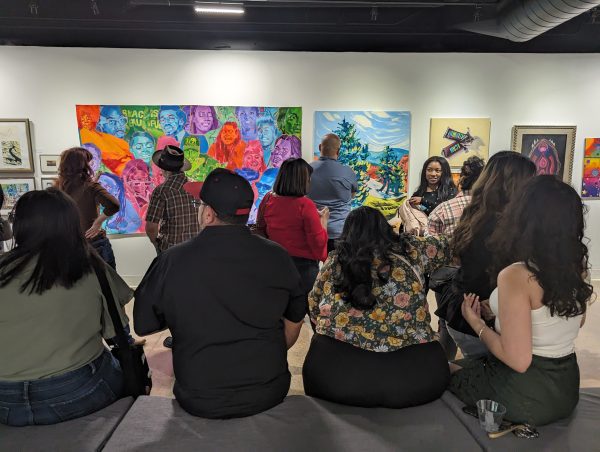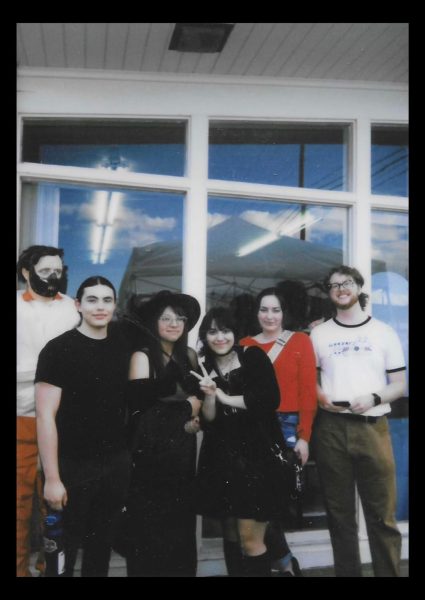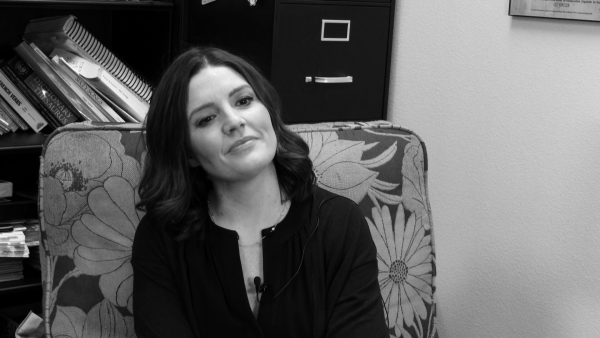Ask the Professor: Assistant Professor of Musical Theatre, Bradley Behrmann
Professor Behrmann teaches musical theater, acting and script analysis classes. His research involves studying the connection between Broadway and charting music. Charting music includes songs on the Billboard Hot 100.
Behrmann’s research provides insight into the development of Broadway musical theater, focusing on popular music.
“The research actually came about when I was shopping in a mall,” Behrmann said. “‘Let it Go’ had been blowing up on YouTube, literally gaining one million listens a day. The music came, not the Demi Lovato cover of it, but the Idina Menzel version and I was like, whoa, something has happened.”
Once Behrmann began his research, he had to define popular music. When that was established, a timeline of its development began.
“I had to establish how a song is popular,” Behrmann said. “The marker that really mattered was Billboard [music]. In the older days, 30s, 40s [people] looked at musical sheet sales. Billboard came up with how popular a song was based on how the sheet music was selling.”
Behrmann’s research on popular music led to discovering the genre that changed popular music as a whole.
“How is [music] popular?” Behrmann said. “That actually led me to my research, pointing out how one genre revolutionized all of them. Rock and Roll. In 1956, Elvis Presley was at the top of the charts. From there, I looked at how Broadway music had topped the charts.”
Broadway music had to develop differently as a result of popular music trends. Broadway music had to rely on popular genres to revive plays as well as introduce plays that included familiar content.
“The research doesn’t necessarily take into account jukebox musicals,” Behrmann said. “Jukebox musicals are a sub-genre looking at a catalog of songs that are by one composer or a specific genre. The quintessential thing we look to is Mamma Mia. [Broadway] took that popularity and crafted a story.”
Another sub-genre of musical theater is the biographical musical. This focuses more on telling an individual story.
“We could look to The Carole King Musical,” Behrmann said. “Or MJ the Musical, Jersey Boys is another example. So kind of what all of these have in common is that they use people’s recognizable music to tell a story. The Broadway landscape is different enough than 10 years ago because a lot of Broadway musicals are relying on popular music to sell the tickets in the first place.”
Behrmann was also asked about what his favorite Broadway musical was.
“This is always a hard question for me to answer,” Behrmann said. “I’m drawn to singing shows that have big choruses. I tend to gravitate towards The Secret Garden, Titanic, things that have big musical moments.”

My name is Victoria Fatiregun. I am in my senior year here at WTAMU. I am an English major and I am keen on entertaining the advertising and marketing...












